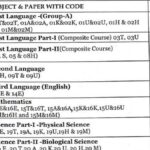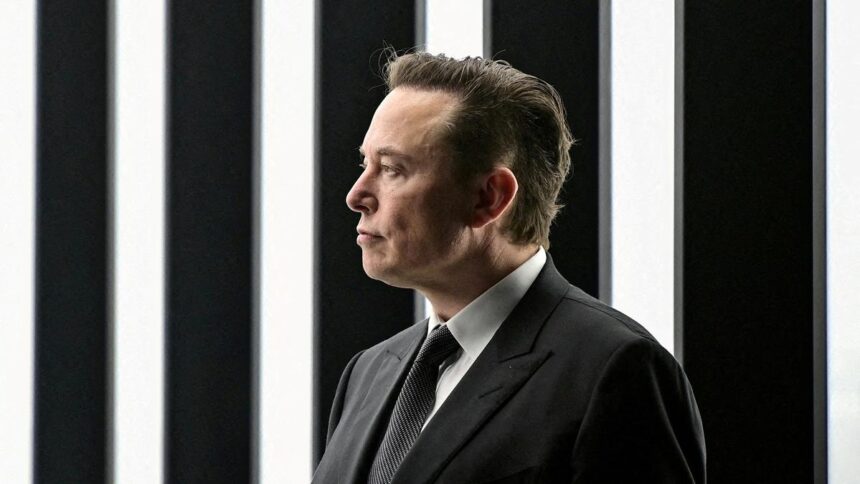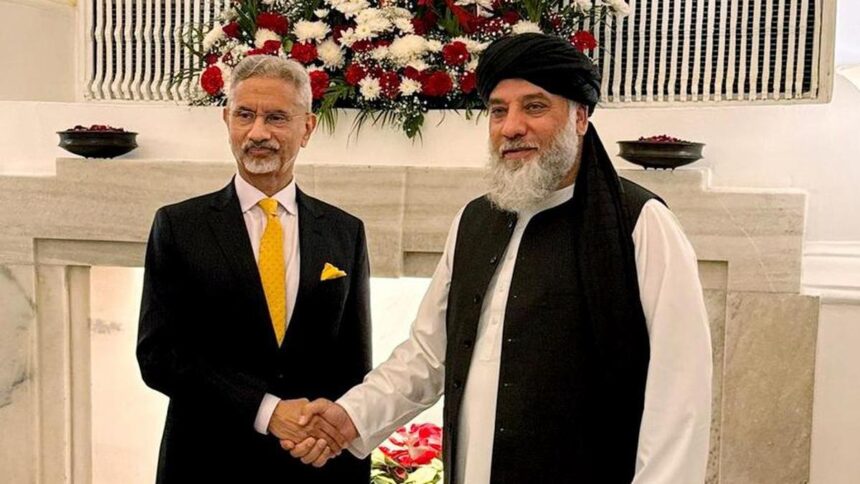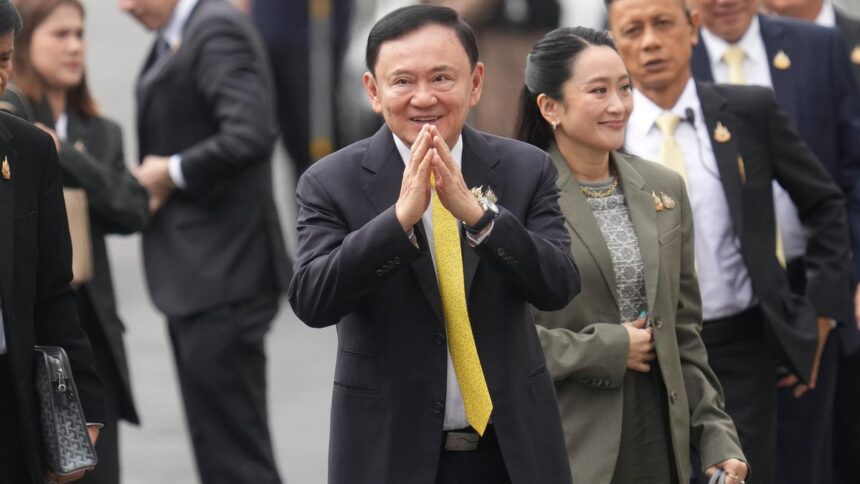
Banning TikTok did become a national security priority on a bipartisan basis even if such a ban did not materialise in the U.S. during Donald Trump’s first term as President. File
| Photo Credit: Reuters
U.S. President Donald Trump was eager on “copying” India’s 2020 ban on the Chinese social media platform TikTok, a new book claims.
“Trump … had seen the coverage of Modi’s ban, which came just nine days after teens on the app claimed credit for tanking his Tulsa campaign rally,” the book, ‘Every Screen on the Planet’ by Emily Baker-White said. “He was reportedly enthusiastic about the idea of copying [PM Narendra] Modi and ordered lawyers at the National Security Council to draft an executive order similar to what India had done,” it said.
The rally in Tulsa was a campaign rally for Mr. Trump on June 20, 2020, where many young TikTok users had supposedly organised an effort to book out reservations for the stadium in Oklahoma where Mr. Trump was scheduled to speak — with no intention of attending.
Banning TikTok did become a national security priority on a bipartisan basis even if such a ban did not materialise in the U.S. during Mr. Trump’s first term. However, the U.S. President, who won re-election last year, has credited the platform in part for his return to office, and has presided over a deal that would buy out a majority of the platform, saving it from a recent U.S. law that would ban the app.
The book comes as India’s relations with China approach a detente, with direct flights between the two countries resuming and high-level contacts gradually approaching a normalisation in ties. China has sought to improve the access its firms benefit from in India, but no specific proposal to revoke TikTok’s ban has been hinted at in recent weeks. TikTok representatives did not return a request by The Hindu for comment on the book’s claims.
“Project Phoenix”
Following the app’s ban in India, the book says, TikTok attempted to tie up with Indian conglomerates like the Hiranandani Group and Reliance Industries Ltd., discussions that were indeed reported in some sections of the media at the time, but Ms. Baker-White wrote that such efforts to revive the app in India continued for “years thereafter”; but unlike a few brands like Shein, which were able to come back from the wave of Chinese app bans in 2020 through such a partnership, TikTok’s efforts, internally dubbed “Project Phoenix,” did not go anywhere, Ms. Baker-White wrote.
The Hiranandani Group and TikTok kept the government “apprised” of investment talks between the two parties, but no government approval came for any deal negotiated between Bytedance and the real estate group.
Notably, the book says, TikTok’s parent firm “ByteDance had enjoyed strong relationships with the Prime Minister’s office,” but after the Galwan clashes in 2020 with China, “lobbyists and TikTok’s government relations team found that their previously warm contacts were now exceptionally hard to reach.”
“Discriminatory videos”
Reprising a lot of reportage around the time, Ms. Baker-White wrote that like other platforms, “TikTok had problems with discriminatory videos,” with researchers finding “hundreds of casteist videos on the platform, often organised under caste-specific hashtags, which featured a mix of videos championing caste pride and videos by members of upper castes denigrating lower ones.”
Ms. Baker-White also recalled instances of political censorship, such as that following a June 2019 lynching of a Muslim man in Jharkhand, when a group of “Muslim stuntmen” made videos decrying the incident, and saw their accounts taken down. The platform was a place for “having fun,” and not “creating political strife,” a TikTok India executive had said at the time.
Published – October 12, 2025 06:04 am IST























